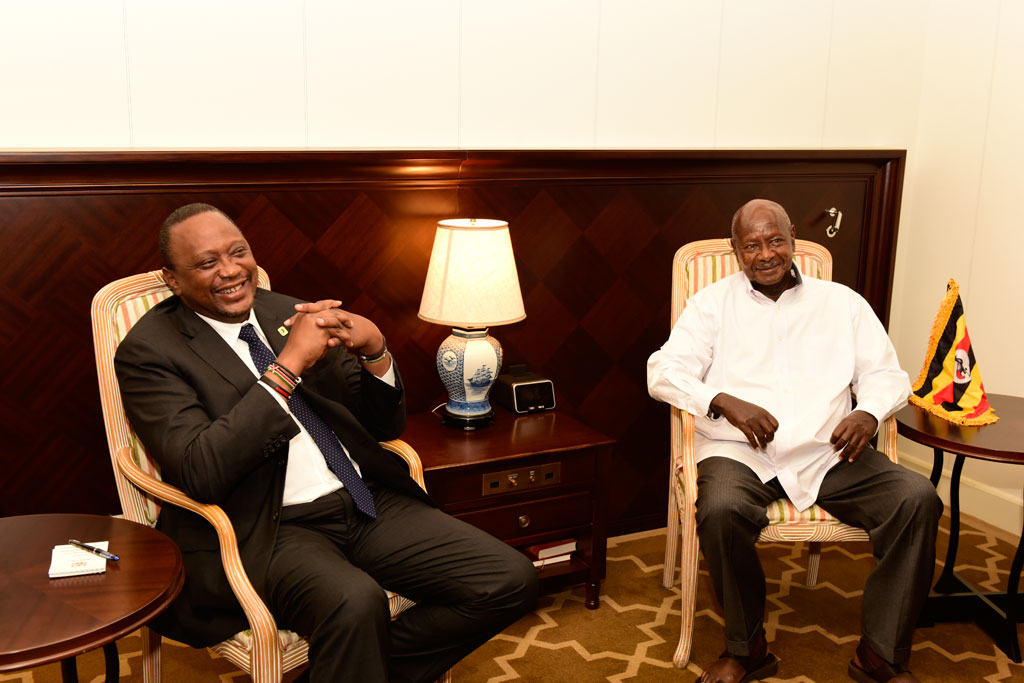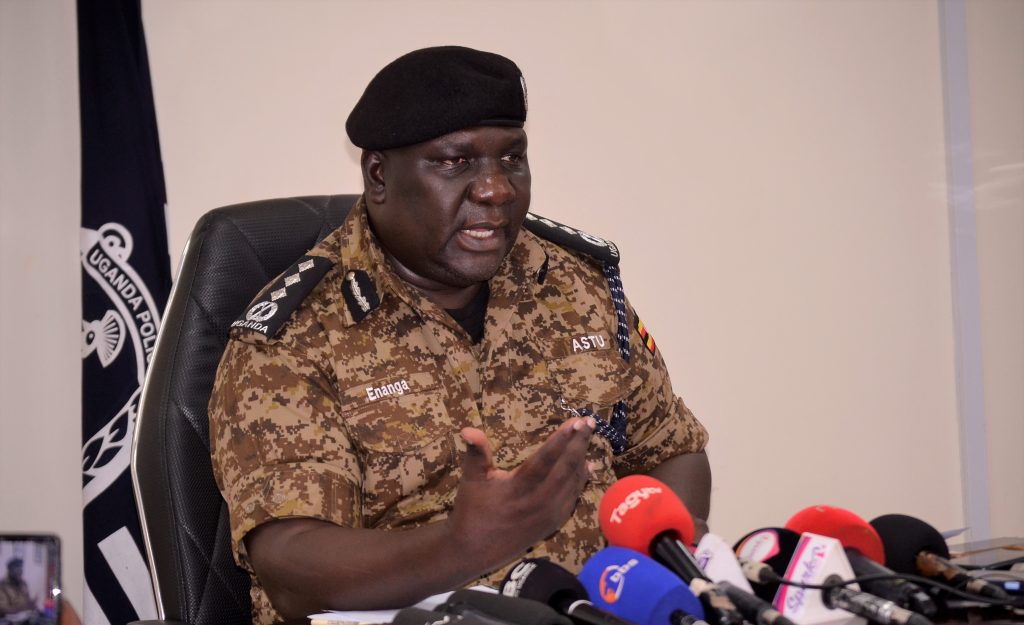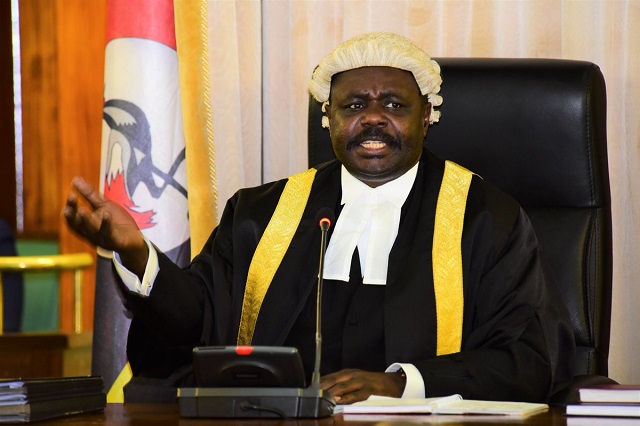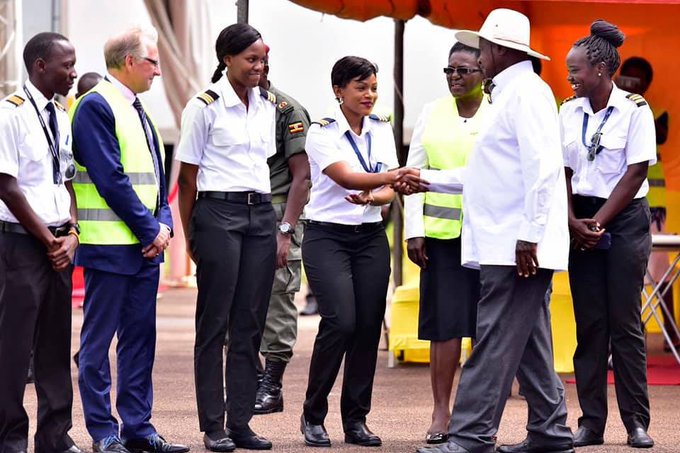President Yoweri Museveni has called on leaders to concentrate on solving issues that undermine economic productivity by removing cost pushers through improved infrastructure such as roads and railway, electricity and cost of money, saying this will not only improve the cost of doing business but also attract private investment.
“I would want to have a harmonized thinking with colleagues on the issue of removing cost pushers which undermine productivity of the economy. These are the cost of transport, electricity and money. If we don’t solve these we can’t move. I want all friends to concentrate on these,” he said.
This was during his address to the Conference plenary held under the theme, “Accelerating Economic Transformation and Improving Business Environment through Innovation and Private Sector engagement”.
President Museveni pointed out the 3 crucial words in the theme: “transformation”, “acceleration” and “private sector engagement” saying economic transformation will attract the private sector and spur development.
“Africa, for various reasons, has not fully joined this transformation and this is where there is the huge opportunity,” he said.
The President said the use of machines to do work, instead of relying on the muscles of man or beast, was the beginning of the first Industrial Revolution.
Then the introduction of the railway and electricity lowering the costs of transport and production and supporting big volumes of output and conveyance constituted the second Industrial Revolution.
Automation of machines ushered in the third Industrial Revolution.
“We are now dealing with the Fourth Industrial Revolution in the form of Artificial Intelligence ─ Intelligent Machines. All these jumps and leaps in technology, increase the productive capacities of the innovating or adopting societies to their benefit, first and foremost, and, to some extent, the rest of humanity,” he said.
Japanese and African leaders from over 50 countries are meeting here at the 7th edition of the Tokyo International Conference on African Development, TICAD.
The three-day event is focused on boosting Japanese private investment in Africa.
It is the seventh time the event has been held since the conference began in 1993 and according to reports the Japanese government wants to use the occasion to unveil a three-year investment package aimed at expanding its presence on the continent.
The continent’s population is increasing rapidly, with the UN projecting that by 2050, one in four people on Earth will be African.
Its economy has also been on the upswing, growing by around three percent a year. Over 20 African leaders are attending the conference including: President Julius Maada Bio of Sierra Leone, Andry Rajoelina of Madagascar, Ismail Omar Guelleh of Djibouti, Joao Lourenco of Angola, Hage Geingob of Namibia, George Weah of Liberia, Felix Tshisekedi of the Democratic Republic of Congo (DRC), Uhuru Kenyatta of Kenya, Yoweri Museveni of Uganda, Abdul Fatten Al-Sisi of Egypt and current African Union President, Paul Kagame of Rwanda, Mohamed Abdullahi Farmajo of Somalia, Emmerson Mnangagwa of Zimbabwe of Faure Gnassingbe of Togo, Mahamadou Issoufou of Niger, Nana Addo Dankwa Akufo-Addo of Ghana, Muhammadu Buhari of Nigeria, Cyril Ramaphosa of South Africa, Ibrahim Boubakar Keita of Mali, Edgar Lungu of Zambia and Macky Sall of Senegal.

















